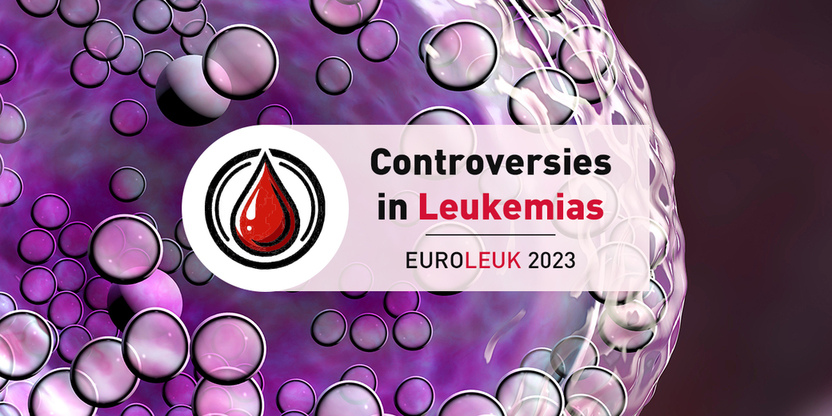Blood CancerArchives

Plitidepsin in combination with dexamethasone (ADMYRE trial) versus an external control arm of pomalidomide plus dexamethasone in patients with relapsed/refractory multiple myeloma
Blood Cancer 5 min.
Plitidepsin is a cyclic depsipeptide originally extracted from the tunicate Aplidium albicans and currently produced by chemical synthesis that has potent in vitro activity against primary multiple myeloma (MM) tumor cells and a broad spectrum of human MM cell lines [1]. Plitidepsin interacts...

Specifically targeting the ABL myristoyl pocket: STAMP inhibitors for chronic myeloid leukemia
Blood Cancer 1 min.
Chronic myeloid leukemia (CML) has been transformed by ATP-competitive BCR:ABL1 tyrosine kinase inhibitors (TKIs); however, resistance, intolerance, and long-term toxicity remain clinically relevant challenges, particularly in patients requiring prolonged therapy or multiple treatment lines. Asciminib,...

Nanoencapsulation of ferrocene incorporated thiourea and doxorubicin for treatment of acute myeloid leukemia
Blood Cancer 8 min.
Acute myeloid leukemia (AML) is a kind of hematologic cancer characterized by a defect in stem cell differentiation, resulting in the accumulation of immature cells in the bone marrow [1] and peripheral circulation [2]. Leukemic cells disrupt normal hematopoiesis in the bone marrow [3]. The prevalence...

Reshaping multiple myeloma treatment: recent breakthroughs
Blood Cancer 1 min.
The therapeutic landscape of multiple myeloma (MM) is rapidly evolving through advances in immune-based strategies. Bispecific antibodies (BsAbs), chimeric antigen receptor T-cell (CAR-T) therapies, and emerging trispecific antibodies (TsAbs) are reshaping expectations by delivering deep and durable...

Proceedings of the 4th European Congress controversies in Leukemias, held in Brussels, Belgium, 20-21 November, 2023.
Blood Cancer 1 min.
AML Classifications: WHO vs ICC 2022 Update The following is a summary of the article “Definitions of Acute Myeloid Leukaemia and their clinical significance according to the WHO 2022 and ICC classification” by Donata Backhaus et al (University of Leipzig Medical Center, Germany), which...


